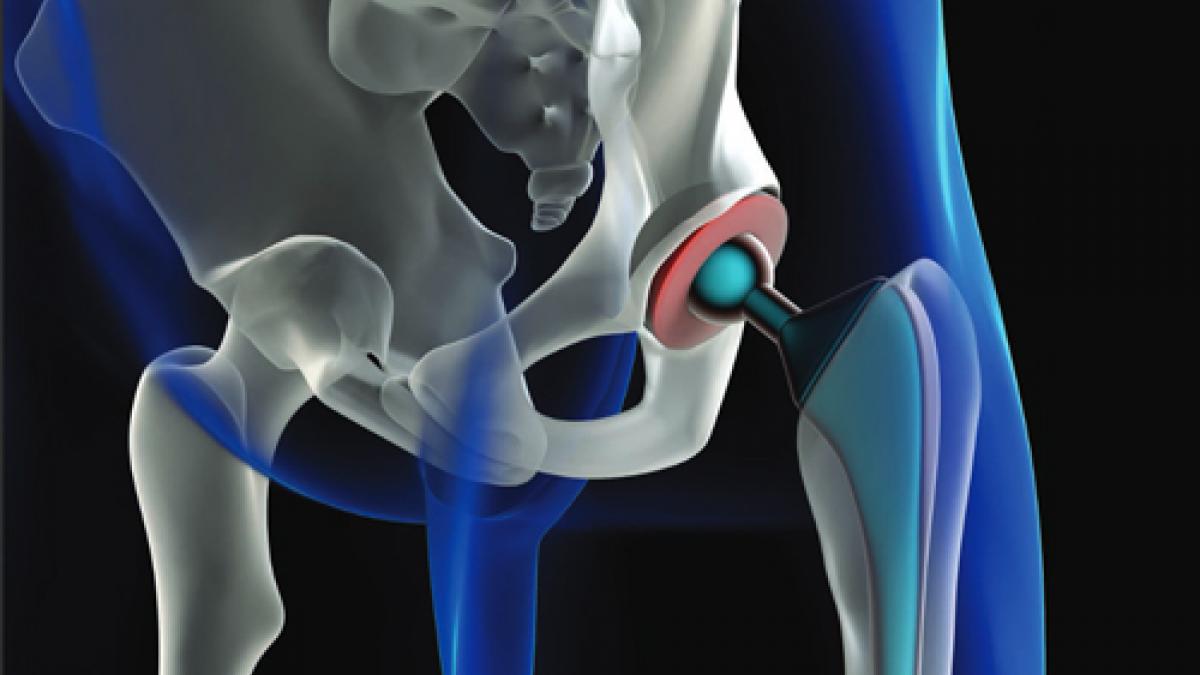A record number of people are undergoing joint replacement procedures, and more than ever before are experiencing impressive long-term benefits.

The NJR found an increase in the number of joint replacements with ‘extremely impressive’ long-term outcomes
This is according to a report by the National Joint Registry (NJR) on the latest data on hip, knee, shoulder, elbow and ankle joint replacements.
The report shows there were almost 243,000 joint replacements in 2016/17 across England, Wales, Northern Ireland and the Isle of Man, an increase of 20,000 on the previous year.
In addition, the report highlights an increase in the number of joint replacements with ‘extremely impressive’ long-term outcomes.
For example, the risk that people undergoing primary total hip replacements will need revision surgery within 13 years is now less than five per cent.
Physio input to orthopaedic teams
CSP fellow Karen Barker, professor of physiotherapy at Oxford University’s Nuffield department of orthopaedics, rheumatology and musculoskeletal sciences, said: ‘The high reports of good clinical outcomes in patients of all ages is testament to the well-established multidisciplinary working within orthopaedic arthroplasty practice, with physiotherapists playing a central role in those teams.’
Delaying revision surgery for younger patients
The NJR report shows an increasing numbers of joint replacements in younger patients. Professor Barker said this was important for physiotherapists to note because there was a high probability that young people receiving joint replacements would need revision surgery.
‘The success of replacement surgery inevitably raises expectations for patients and demand for the procedures,’ she said.
‘But physiotherapists should be mindful of the impact effective musculoskeletal physiotherapy programmes can have in enabling patients to delay surgery while maintaining good quality of life through individualised strengthening and proprioceptive exercises.’
Author: Robert Millett
Find Out More
Number of subscribers: 1